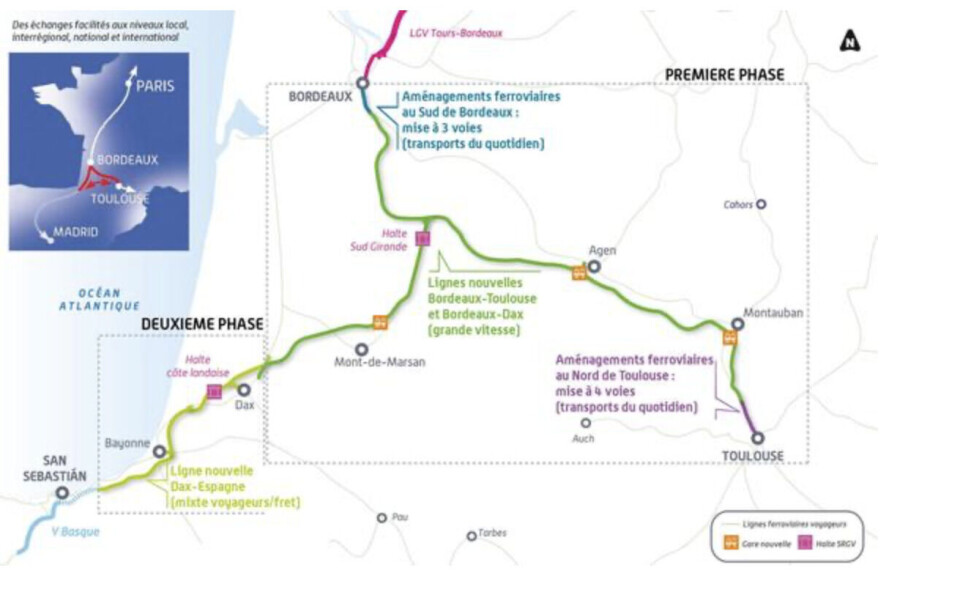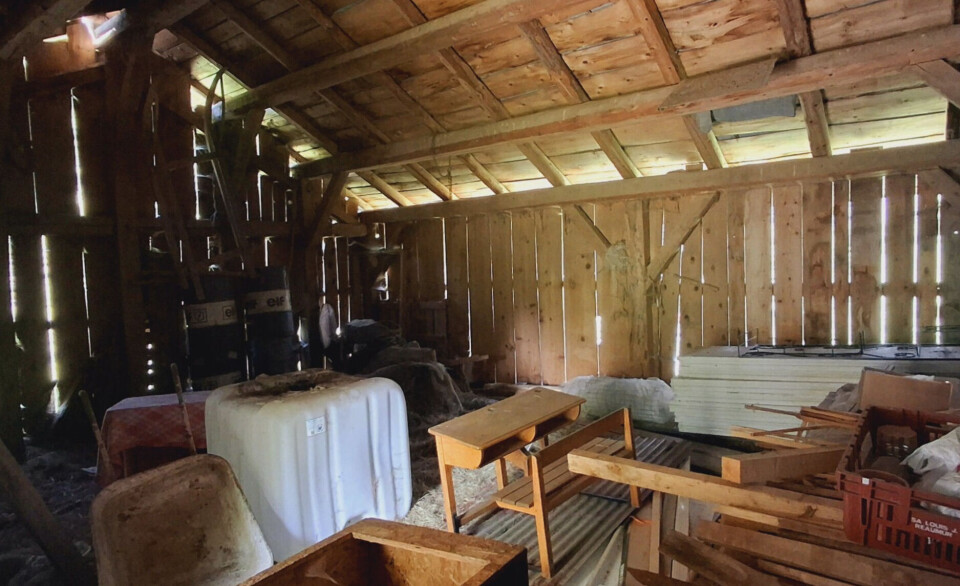Why wood pellet prices are falling in France - and will it continue?
Bags of pellets are now up to three times cheaper than they were at the peak of 2022
Now could be a good time to stock up on wood pellets as prices have plummeted
Pixel-Shot/Shutterstock
The price of wood pellets often used as fuel to heat houses has been dropping for the past few months.
It comes after the price had previously risen during the winter over the past few years. Currently, 15 kg bags of pellets are on sale in supermarkets for around €4 each.
This is more than three times lower than the prices seen at the peak of 2022, when a 15 kg bag hovered at around €15, said Julien De Sloovere, director of the De Sloovere company, to La Voix du Nord.
Why have prices of wood pellets fallen so much?
The drop in prices can be partly explained by the relatively mild winter of 2023-24, which contributed to a fall in demand.
Company stocks have increased as a result, and professionals in the sector are encouraging people to buy the pellets now. This will not only deliver savings, but will also help to prevent a shortage in winter, when demand necessarily rises sharply.
Read also: New warning over wood pellet scams in France
Is the price of wood pellets set to increase any time soon?
Mr De Sloovere has predicted that prices will not increase by too much in the short-term, a view shared by the national association for wood pellet heating, Propellet.
Pellets are still the cheapest of the main energy sources (oil, electricity, gas…), according to the price index published by the ecological statistics department at the Ministry of the Ecological Transition.
Read also: Wood pellet stoves in France: prices, types, aid, advice
Falling prices of fuel sources
Other sources of fuel are following a similar trend.
In particular, the price of fuel oil dropped to €1,218 per thousand litres by July 1, 2024; and dropped again to €1,172 per thousand litres by August 1, reported specialist website fioulmarket.fr. This means that the price of fuel oil has dropped by almost €110 per thousand litres since February 2024.
This is not only due to the usual seasonal fluctuations; it is also linked to a fall in demand for petroleum products, which has been taking place for several years, show figures from Ufip Énergies et Mobilités, seen by AFP.
In 2023, consumption of petroleum products reached 65 million tonnes, down from 67 million tonnes in 2021. And by the end of 2024, consumption of these products is expected to have dropped by 10.6% overall in comparison with 2019.
However one energy specialist has said that the trend for falling prices was “more a question of a slowing curve, but not a real fall”.
“We cannot really say that demand is falling significantly, it is just not as high as expected,” said energy specialist and professor at Science Po Paris, Thierry Bros to BFM Business.
"At some point, the market will wake up,” he said.




























